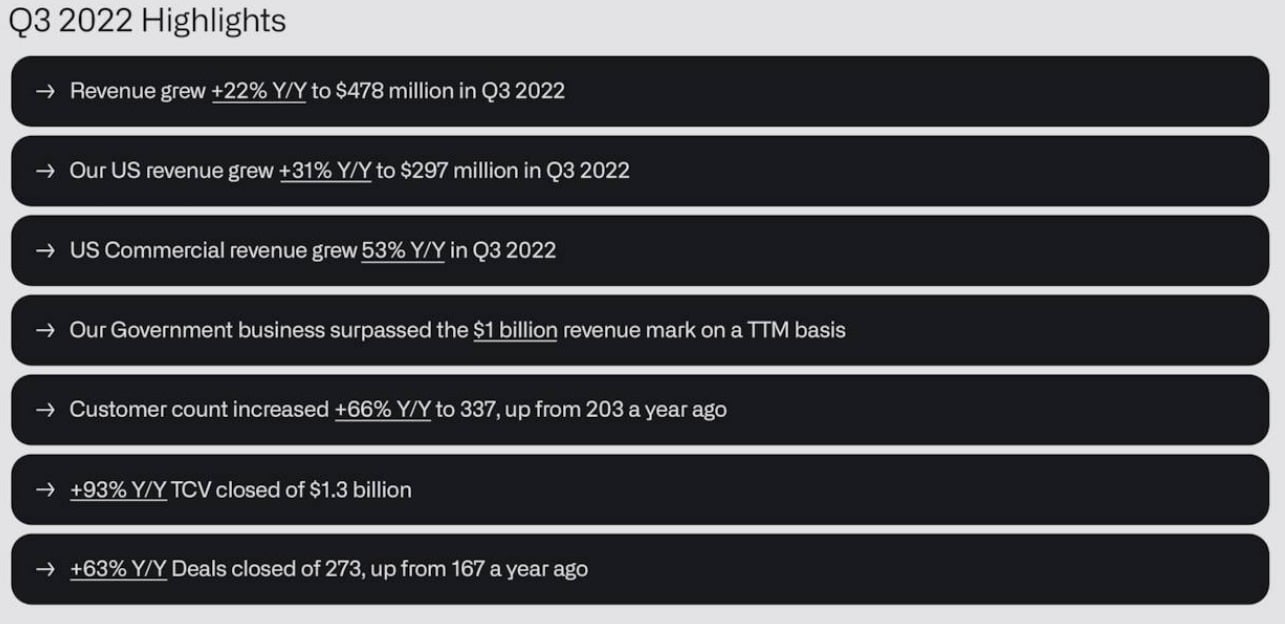Post-Roe America: How Over-the-Counter Birth Control Changes The Landscape

Table of Contents
Increased Accessibility and its Impact
The limitations on abortion access have highlighted deep-seated inequities in reproductive healthcare. Many women already faced significant barriers to accessing essential services, and the post-Roe landscape has only exacerbated these issues. Over-the-counter birth control offers a potential pathway to mitigating these challenges.
Geographic Barriers
Access to reproductive healthcare services varies drastically across the United States. Rural communities and states with restrictive abortion laws often lack sufficient healthcare providers, creating significant geographic barriers.
- Example: Many women in rural states like Mississippi or Texas face hours-long drives to reach the nearest clinic offering reproductive healthcare services, including prescription birth control.
- Statistics: Studies show a strong correlation between distance to healthcare facilities and lower rates of contraceptive use.
- OTC Solution: Over-the-counter birth control can bypass this barrier by enabling access to contraception through pharmacies and other retail outlets, regardless of geographic location. This increased convenience is particularly crucial for women in underserved areas.
Financial Barriers
The cost of prescription birth control can be prohibitive for many individuals, especially those without health insurance or with high deductibles. This financial barrier significantly impacts access to essential reproductive healthcare.
- Statistics: The average monthly cost of prescription birth control can range from $20 to $50, a significant expense for low-income individuals.
- Insurance Coverage: Even with insurance, many women face high co-pays and out-of-pocket expenses.
- OTC Solution: Over-the-counter birth control offers the potential for significantly lower costs, making it a more accessible option for a wider range of individuals, improving their ability to plan their families.
Time Barriers
Accessing prescription birth control requires scheduling appointments with healthcare providers, often involving lengthy waiting times. This can be a significant barrier for women with busy schedules, limited transportation, or other constraints.
- Time Commitment: Scheduling appointments, attending appointments, and potential follow-up visits can take several hours or even days.
- Waiting Times: Many clinics experience long waiting lists, further delaying access to essential contraception.
- OTC Solution: Over-the-counter birth control eliminates these time barriers, offering immediate access without appointments or waiting periods.
Potential Benefits of Over-the-Counter Birth Control
Increased access to over-the-counter birth control offers numerous potential benefits in the post-Roe context.
Reduced Unintended Pregnancies
Unintended pregnancies are a significant concern in the wake of Roe v. Wade's reversal. Easy access to reliable contraception is crucial to mitigating this issue.
- Statistics: The United States has consistently high rates of unintended pregnancies compared to other developed nations.
- Correlation: Studies show a direct correlation between increased access to contraception and decreased rates of unintended pregnancies.
- OTC Impact: Wide availability of over-the-counter birth control could lead to a significant reduction in unintended pregnancies, giving women more control over their reproductive health.
Improved Public Health Outcomes
Improving access to birth control has broad positive impacts on public health.
- Reduced Maternal Mortality: Reducing unintended pregnancies can lead to a decrease in maternal mortality rates, as many pregnancy-related deaths are associated with unsafe abortions or complications from unintended pregnancies.
- Fewer Unsafe Abortions: Increased access to contraception can significantly reduce the number of women resorting to unsafe, illegal abortions.
- Reduced Healthcare Strain: Fewer unintended pregnancies and related complications alleviate the burden on healthcare systems, freeing up resources for other essential services.
Empowering Women's Reproductive Health Choices
Access to birth control is fundamental to women's reproductive autonomy and bodily autonomy. Over-the-counter birth control empowers women to make informed decisions about their bodies and futures.
- Patient Autonomy: Easy access to birth control ensures women can make choices that align with their personal values and circumstances, without unnecessary barriers.
- Self-Determination: Controlling one's reproductive health is a fundamental aspect of self-determination and personal liberty.
- Bodily Autonomy: Access to birth control is a cornerstone of bodily autonomy, allowing women to make decisions about their own bodies without external interference.
Potential Challenges and Concerns
While the potential benefits of over-the-counter birth control are substantial, several challenges and concerns need careful consideration.
Misinformation and Misuse
The accessibility of over-the-counter birth control necessitates robust public education campaigns to combat misinformation and promote safe and effective use.
- Accurate Information: Comprehensive sex education in schools and public health initiatives are crucial to ensure individuals understand the different types of birth control, their efficacy, and potential side effects.
- Reliable Sources: Access to reliable information and resources is crucial to prevent misuse and avoid potential health complications.
- Clear Labeling: Clear and accurate labeling on OTC birth control products is paramount to ensure correct usage.
Regulatory Considerations
Careful regulation is crucial to ensure the safety and efficacy of over-the-counter birth control.
- FDA Oversight: The FDA plays a crucial role in reviewing and approving over-the-counter birth control options, ensuring they meet stringent safety and efficacy standards.
- Clear Guidelines: Providing clear guidelines and instructions for consumers is crucial for safe and effective use.
- Monitoring for Adverse Events: A robust system for monitoring potential adverse events is necessary to ensure the ongoing safety of OTC birth control.
Access for Vulnerable Populations
Ensuring equitable access to over-the-counter birth control for all populations is vital, particularly those facing significant healthcare disparities.
- Low-Income Individuals: Affordability must be a key consideration, and programs may be necessary to ensure access for low-income individuals.
- Minority Communities: Targeted outreach and culturally sensitive programs can help address disparities in access within minority communities.
- Rural Populations: Efforts are needed to ensure distribution networks reach rural areas effectively.
Conclusion
The post-Roe landscape has underscored the critical need for increased access to affordable and convenient reproductive healthcare options. Expanding access to over-the-counter birth control offers a significant opportunity to improve reproductive health outcomes, reduce unintended pregnancies, and empower women to make informed decisions about their bodies and futures. While potential challenges related to misinformation, regulation, and equitable access need careful consideration, the potential benefits of increasing access to over-the-counter contraception are too significant to ignore. We must advocate for policies that support the expansion of affordable and convenient birth control options, ensuring that every woman has the power to control her reproductive health. Contact your representatives, join advocacy groups, and let your voice be heard – help us expand access to over-the-counter birth control and protect reproductive rights for all.

Featured Posts
-
 Enquete Ouverte Apres La Chute Mortelle D Un Ouvrier A Dijon
May 10, 2025
Enquete Ouverte Apres La Chute Mortelle D Un Ouvrier A Dijon
May 10, 2025 -
 El Salvadors Exodus Kilmar Abrego Garcias Experience And The Us Response
May 10, 2025
El Salvadors Exodus Kilmar Abrego Garcias Experience And The Us Response
May 10, 2025 -
 Europa League Preview Brobbeys Strength A Key Factor
May 10, 2025
Europa League Preview Brobbeys Strength A Key Factor
May 10, 2025 -
 Analyzing The 40 Palantir Stock Price Prediction For 2025 A Detailed Guide
May 10, 2025
Analyzing The 40 Palantir Stock Price Prediction For 2025 A Detailed Guide
May 10, 2025 -
 White House Cocaine Found Secret Service Investigation Concludes
May 10, 2025
White House Cocaine Found Secret Service Investigation Concludes
May 10, 2025
